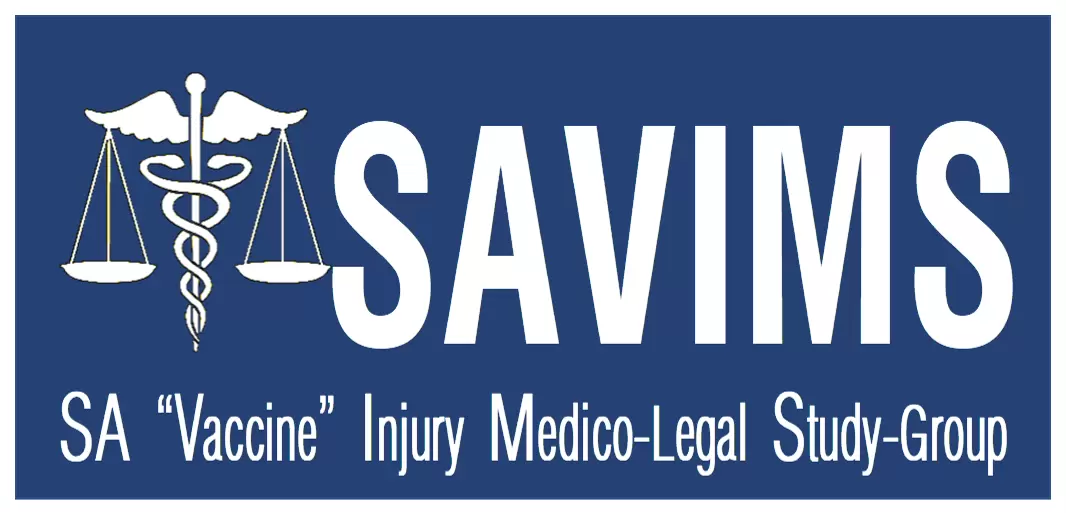By Haruna Gimba
In response to recent statements from Africa CDC Director General Jean Kaseya and World Health Organisation (WHO) Director-General Tedros Adhanom Ghebreyesus, the South African Vaccine Injury Medico-Legal Study Group (SAVIMS) has raised concern on the proposed emergency rollout of the monkeypox vaccines across Africa.
Dr. Herman Edeling, SAVIMS Chairperson, expressed this in a statement obtained by Health Reporters.
Edeling recalled that on August 13, 2024, Kaseya announced plans to secure over 10 million doses of monkeypox vaccines, beginning with three million doses in 2024. Subsequently, the WHO’s Ghebreyesus supported this initiative, citing a global health emergency.
However, SAVIMS has raised several concerns about the vaccines and the overall approach.
SAVIMS pointed out that there was no Level one scientific evidence for the effectiveness of existing vaccines for monkeypox.
According to him, “The vaccines recommended by WHO, such as Jynneos and ACAM2000, are primarily designed for smallpox and come with known serious adverse effects.”
“The organization condemns the consideration of mRNA vaccines for monkeypox, underlining the absence of scientific validation and documented adverse reactions associated with these experimental vaccines,” he said.
SAVIMS stressed that true informed consent was impossible under the current circumstances due to inadequate research and potential coercion, compromising patient autonomy.
“Concerns are raised about the validity of monkeypox data from the DRC and other African countries,” Edeling noted.
SAVIMS called for an independent audit of testing methods and the authenticity of reported statistics, citing a lack of autopsy reports on deaths attributed to monkeypox.
SAVIMS also rejected the emergency designation for monkeypox and the proposed vaccine rollout, arguing that monkeypox is largely self-limiting and does not justify mass vaccination.
It warned the public about the risks associated with untested vaccines and advocated for the right to refuse medical interventions based on incomplete evidence.
SAVIMS remains open to dialogue with the African CDC and WHO, aiming to address these critical issues and to ensure that public health decisions are grounded in robust scientific evidence and ethical standards.
Health Reporters recall that the SAVIMS is dedicated to advancing understanding and communication about vaccine injuries through rigorous evidence-based research and ethical practice.




